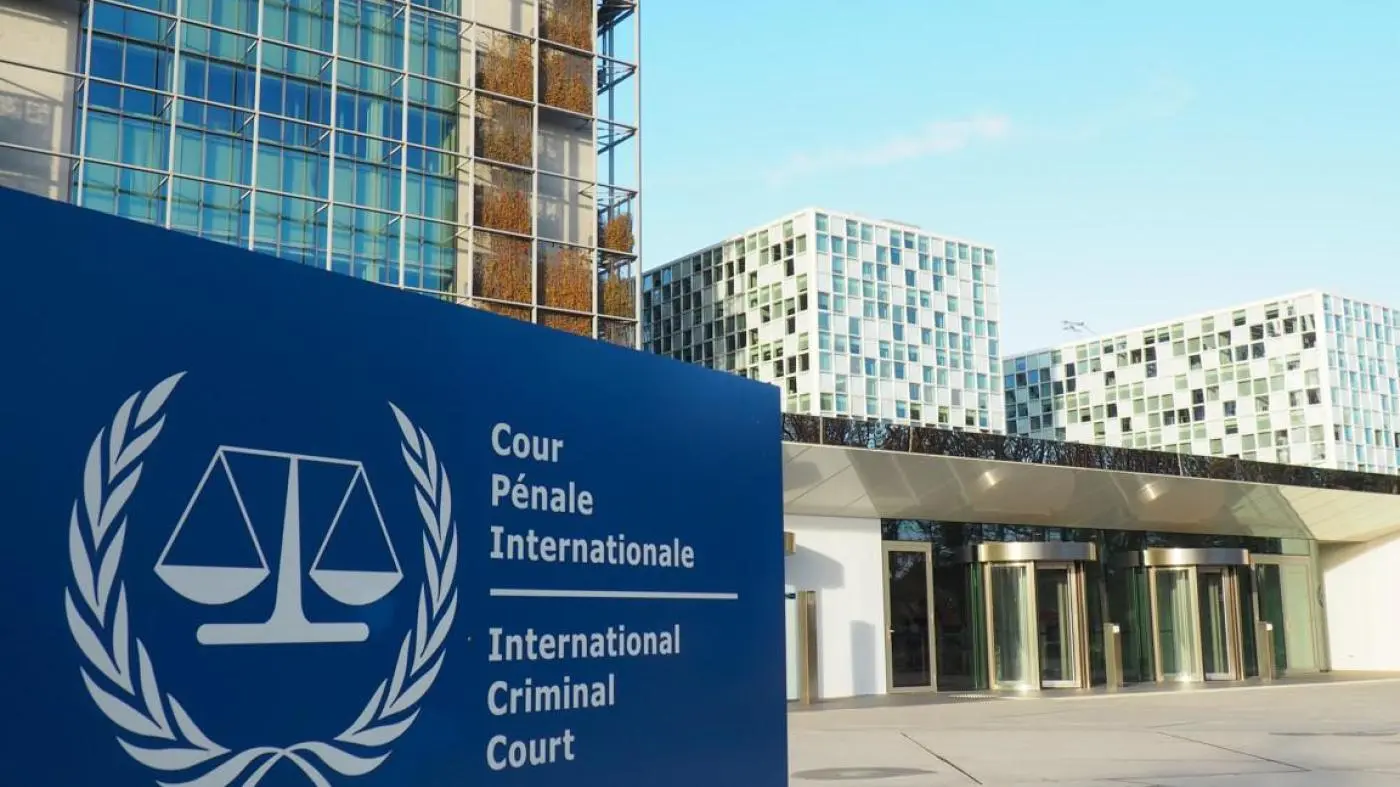Already a subscriber? Make sure to log into your account before viewing this content. You can access your account by hitting the “login” button on the top right corner. Still unable to see the content after signing in? Make sure your card on file is up-to-date.
Three African countries have officially announced their withdrawal from the International Criminal Court (ICC).
Some shit you should know before you dig in: If you’re unaware, the ICC is a permanent international tribunal based in The Hague and was created in 2002 under the Rome Statute to prosecute individuals for the most serious crimes of concern to the international community: genocide, crimes against humanity, war crimes, and the crime of aggression. It operates independently of the United Nations, though it can receive referrals from the UN Security Council. The court investigates and prosecutes individuals, not states, and only acts when national jurisdictions are unwilling or unable to genuinely carry out investigations or prosecutions. As of now, 124 countries are parties to the Rome Statute, including much of Europe, Latin America, and Africa. However, some major global powers have opted not to join or have withdrawn from the court, including the US, China, Russia, and India.

What’s going on now: Burkina Faso, Mali, and Niger (three neighboring West African countries currently ruled by military juntas following coups) have jointly announced their intention to withdraw from the International Criminal Court. In a trilateral statement, the three governments accused the ICC of functioning as “an instrument of neo-colonial repression in the hands of imperialism” and claimed the court demonstrates “double standards” by disproportionately targeting African nations while ignoring alleged crimes committed by more powerful states. They argue the ICC has “proven itself incapable of handling and prosecuting proven war crimes, crimes against humanity, crimes of genocide, and crimes of aggression.“
The three governments, now aligned in what they call the Alliance of Sahel States, say they intend to replace the ICC’s jurisdiction with “indigenous mechanisms for the consolidation of peace and justice.” Plans are already underway to establish a regional Criminal and Human Rights Court along with a high-security prison, which they claim will be used to prosecute terrorists and perpetrators of serious crimes.
The move has been met with widespread criticism, particularly from human rights organizations. Amnesty International called the decision “an affront to victims and survivors of the most serious crimes,” with Regional Director Marceau Sivieude warning that the withdrawal “would significantly harm the prospect of victims and survivors of future war crimes, crimes against humanity or genocide from these Sahel countries from being able to pursue justice at the ICC if they cannot find justice at home.”







